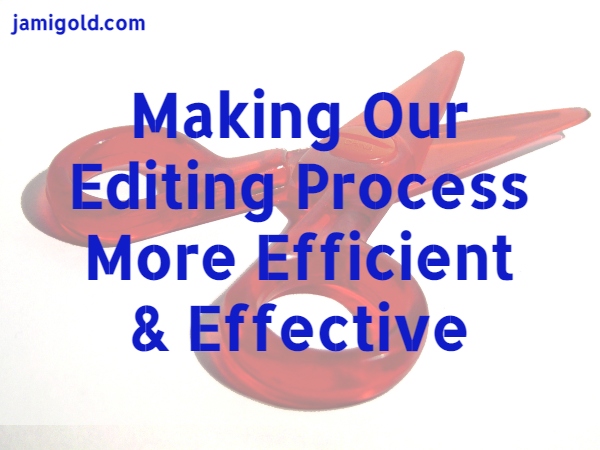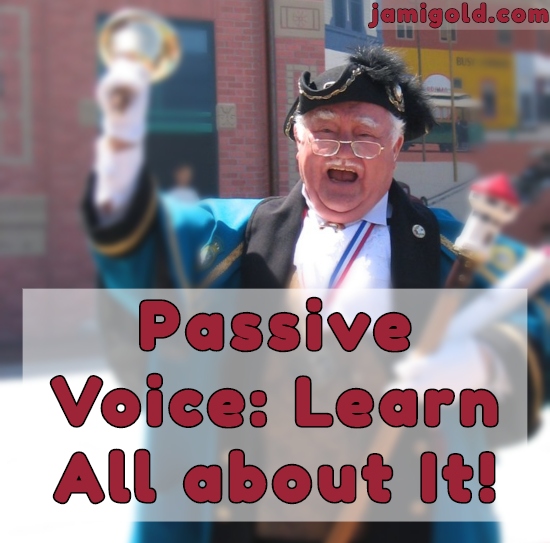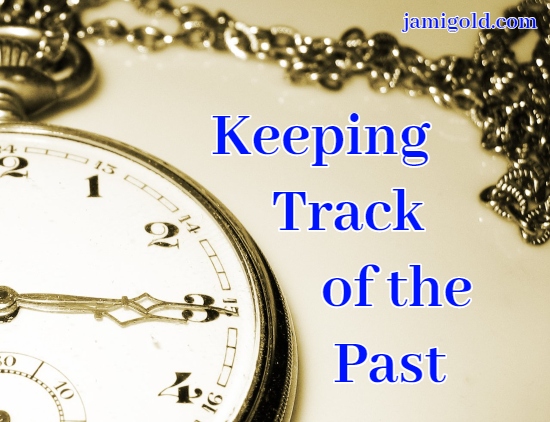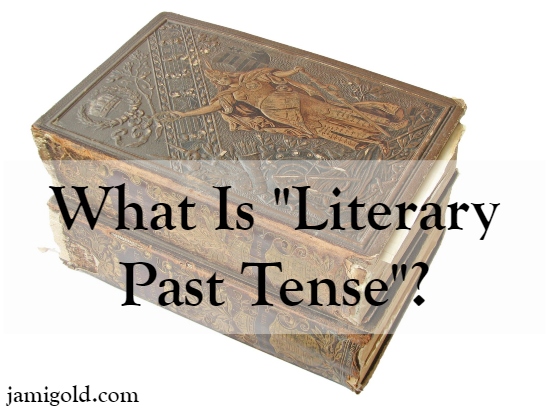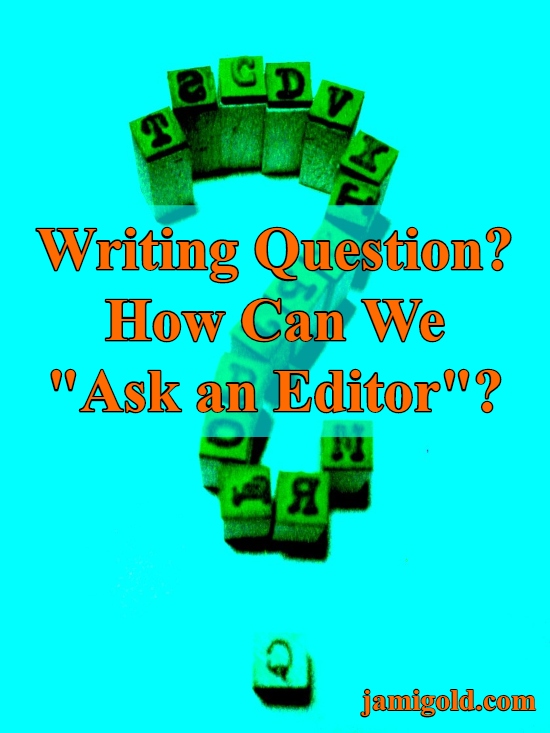Once our story’s flow is in good shape, we might not know how to take the next editing step. We can self-edit through the line-editing stage, but it’s difficult. Wendy Sparrow’s worksheet may help.
Read More
Much of writing is subjective, so it can be hard to know how to treat writing advice. Is it a hard-and-fast rule, a guideline, or a personal preference?
Pin It
Read More
As authors and audiences have diversified, it might be time to look at the standards for formatting non-English words and explore some of our options.
Pin It
Read More
Some verb tenses can cause confusion with passive voice. What is passive voice, and how can we tell when the word “was” is not a sign of passive voice?
Pin It
Read More
Many writers struggle to use the past perfect tense correctly, so let’s review when the past perfect tense applies to our story and how to use it properly.
Pin It
Read More
Most stories are written in literary past tense. What does that term mean, and if different from normal past tense, how is literary past tense different?
Pin It
Read More
We probably think we know everything about dialogue formatting already, but let’s make sure we know all there is to know before assuming.
Pin It
Read More
As we’ve journeyed through the writing learning curve, we’ve been helped by others. How can we pay that assistance forward to help other writers?
Pin It
Read More
As we go through the editing process, we might have questions we wish we could ask a professional editor. How can we get our question answered?
Pin It
Read More
Choosing the right word requires us to know grammar, consider voice, avoid typos, and possess a large vocabulary. Homophones add a layer of difficulty.
Pin It
Read More

